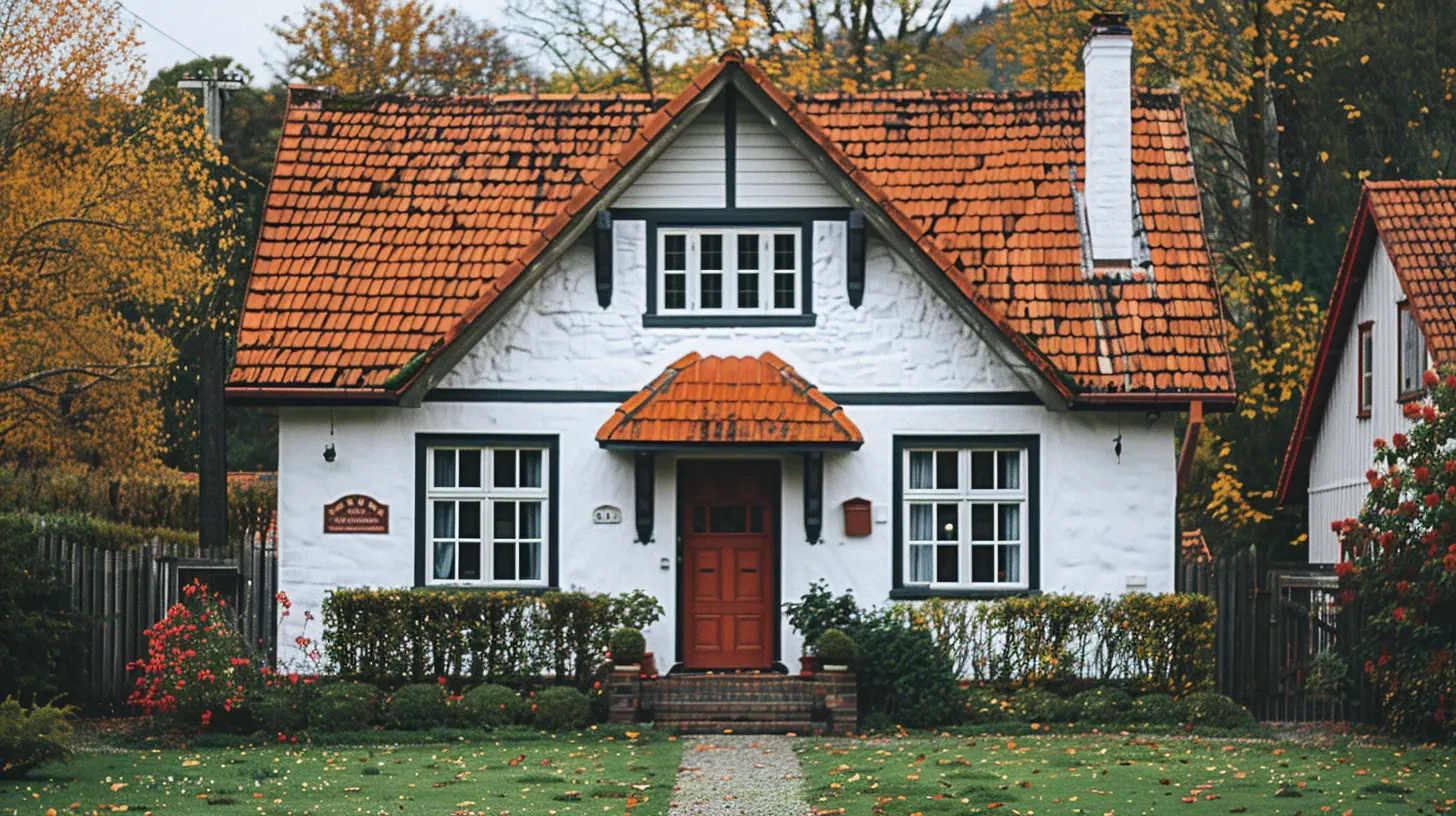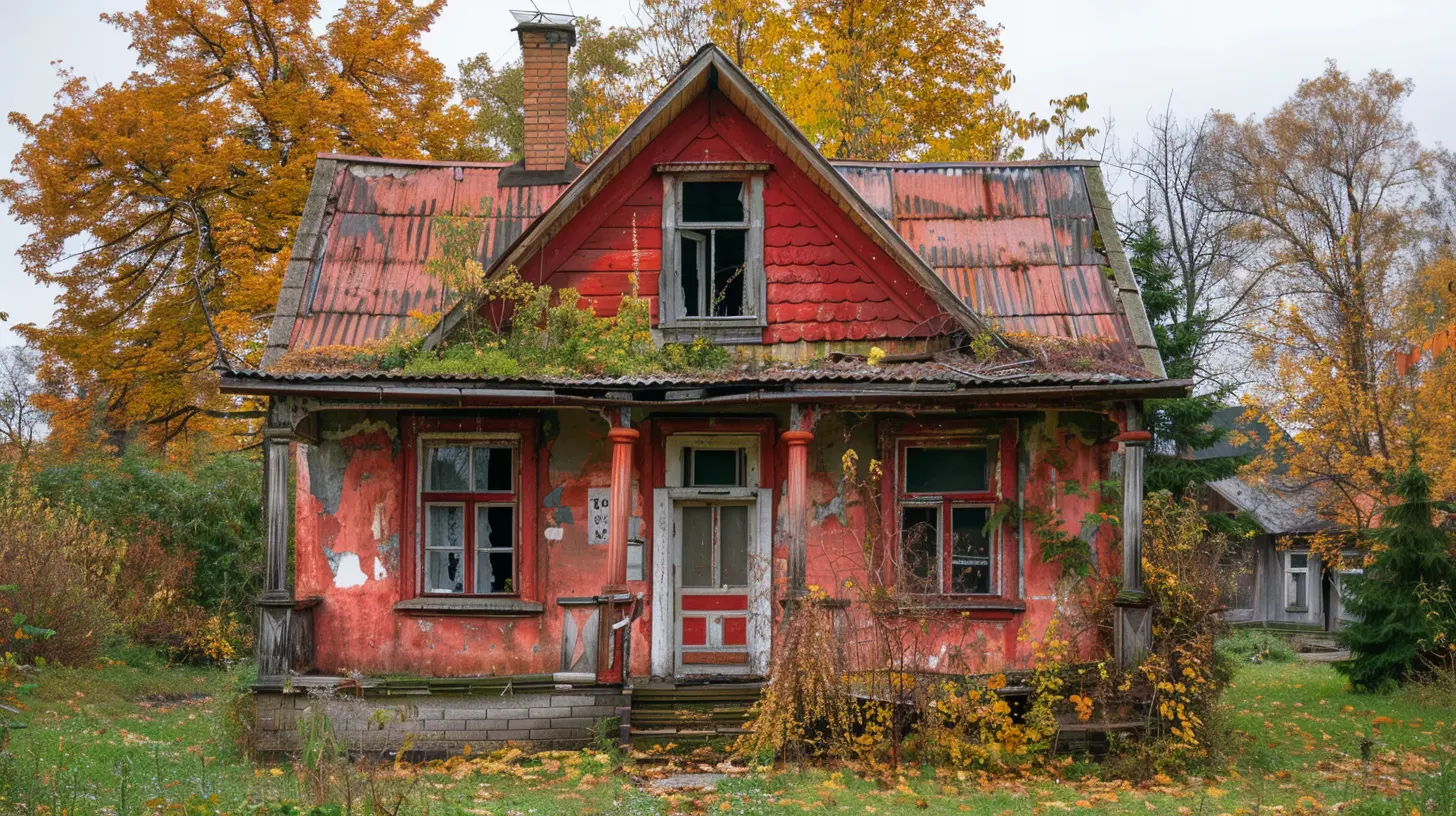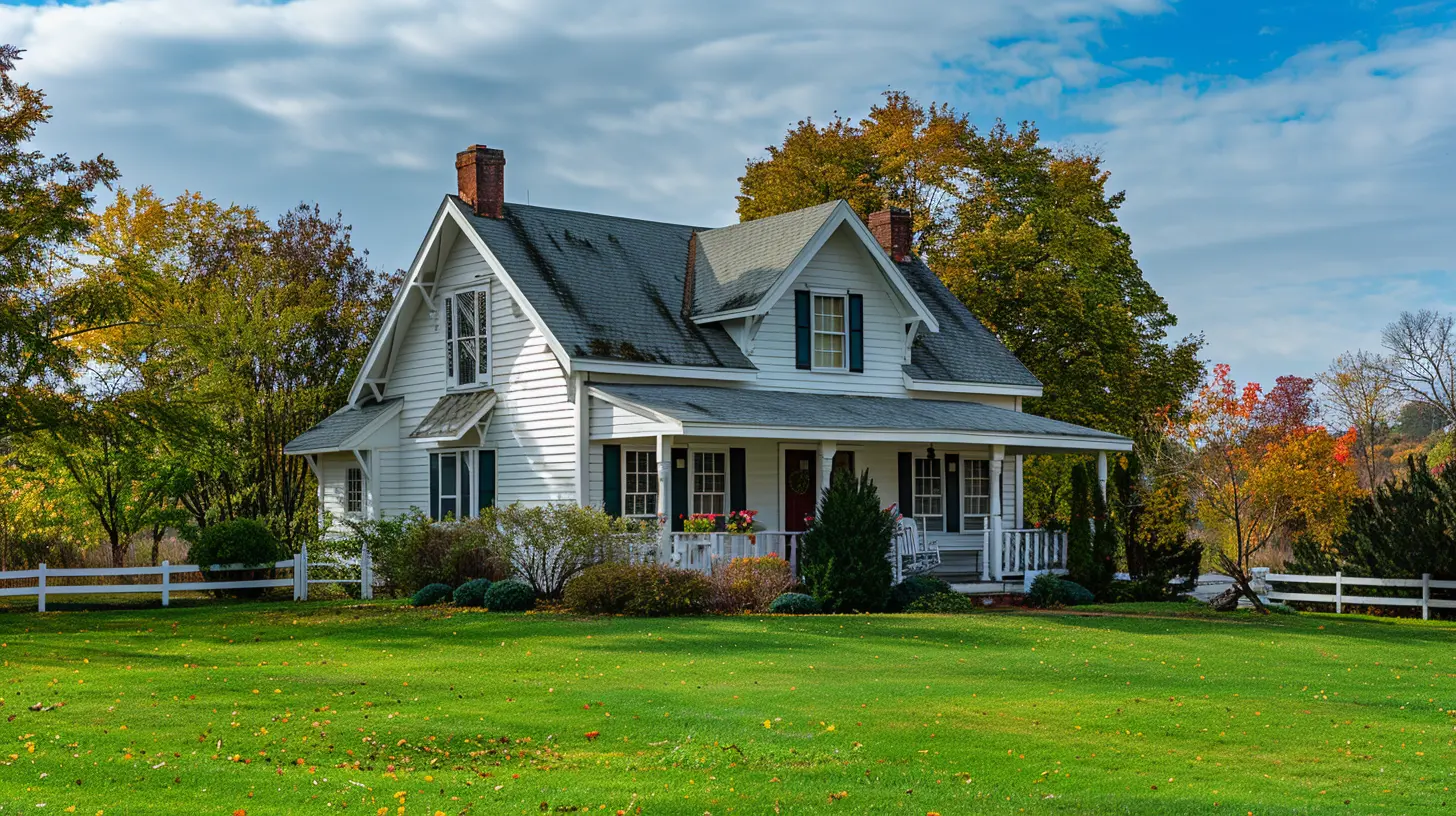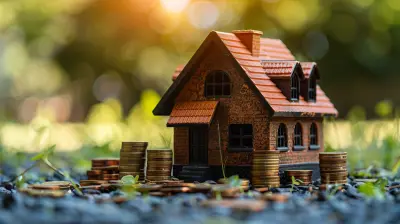What to Know Before Buying a Fixer-Upper for the First Time
1 August 2025
Have you ever walked past a run-down house and thought, I could make that place amazing? If so, you're not alone. The idea of buying a fixer-upper, transforming it into your dream home (or a profitable investment), and embracing the challenge is thrilling. But before you dive headfirst into renovations, there are some critical things you need to know.
Unlike buying a move-in-ready home, a fixer-upper comes with hidden surprises—some exciting, some frustrating, and some that can drain your bank account faster than you can say renovation budget. So, if you're considering taking this leap, keep reading. 
Why a Fixer-Upper Might Be a Smart Move
One of the biggest draws of fixer-uppers is affordability. Compared to turnkey homes, they often have a lower purchase price, giving you a chance to buy in a neighborhood you otherwise couldn't afford.But the real magic? Potential. With some strategic upgrades, a fixer-upper could significantly increase in value. Whether you're planning to flip it or create a long-term home, a well-planned renovation can turn a neglected property into a real gem.
However, not all fixer-uppers are good investments. Some can become money pits that drain your savings and patience. So, how do you know if a fixer-upper is worth it? 
1. Understanding the True Cost of Renovations
Buying a fixer-upper isn't just about the listing price—it's about the total investment, including renovations, permits, and unexpected expenses.Create a Realistic Budget
Before you even think about signing a contract, calculate the costs:- Structural Repairs: Roof, foundation, plumbing, electrical systems—big-ticket fixes that can quickly add up.
- Cosmetic Upgrades: Paint, flooring, cabinets, lighting—these give the home its charm but can still be pricey.
- Labor Costs: Hiring contractors, electricians, and plumbers isn’t cheap, and not everything is a DIY project.
- Permits & Inspections: Renovations often require approval, which means paying city fees and waiting for inspections.
A good rule of thumb? Whatever number you come up with, add at least 20-30% extra for unexpected expenses. Because trust me, surprises will happen. 
2. Location, Location, Location
The one thing you can’t change about a house? Where it sits.A home in a great neighborhood—even if it’s falling apart—can be an excellent investment. But if the fixer-upper is in a declining area with no signs of improvement, you might struggle to see any return on your investment.
Check the Neighborhood
- Are home values rising?- Is there new development nearby?
- Is the area safe and desirable?
- What are the school ratings like?
Remember, even the most stunning renovation won’t fix a bad location. 
3. Spotting Red Flags: When to Walk Away
Fixer-uppers often come with problems, but some issues are deal breakers. Here are a few that should make you think twice:Foundation Issues
A cracked foundation can cost $10,000+ to repair. If the home has significant structural problems, it may not be worth the expense.Major Water Damage or Mold
Mold isn’t just an eyesore—it’s a health hazard. If there’s a history of severe water damage, be prepared for costly repairs.Extensive Electrical or Plumbing Problems
Older homes often have outdated electrical wiring or plumbing that needs a total overhaul. If you see knob-and-tube wiring or cast-iron pipes, get an expert opinion before committing.Termite or Pest Infestation
Termites can destroy a home from the inside out. If there’s evidence of an infestation, the repair costs could be astronomical.Zoning and Permit Nightmares
Some areas have strict zoning laws that limit what you can renovate. Always check local regulations before purchasing.4. DIY vs. Hiring Professionals
One of the biggest mistakes first-time fixer-upper buyers make? Overestimating their DIY abilities.What You Can DIY:
- Painting- Flooring installation
- Landscaping
- Minor cosmetic updates (cabinets, backsplashes)
What You Shouldn’t DIY:
- Electrical work (unless you’re licensed)- Plumbing overhauls
- Roofing
- Structural changes
Hiring professionals might cost more upfront, but it can save you thousands in the long run by preventing costly mistakes.
5. Getting the Right Financing
Paying for a fixer-upper isn’t as simple as getting a traditional mortgage. Many buyers need loans that cover both the purchase price and renovations.Financing Options for Fixer-Uppers:
- FHA 203(k) Loans: Great for first-time buyers, this loan bundles renovation costs into your mortgage.- Conventional Renovation Loans: Offered by lenders like Fannie Mae’s Homestyle Renovation Loan.
- Home Equity Line of Credit (HELOC): Perfect if you already own a home and want to fund renovations yourself.
Talk to a knowledgeable lender before making an offer to see what financing works best for your budget.
6. The Importance of a Home Inspection
This one's non-negotiable.A thorough home inspection can uncover hidden problems that might not be obvious during a walk-through. Never rely solely on the seller’s disclosures—hire a professional to inspect:
✅ Foundation and structural integrity
✅ Roof condition
✅ Electrical and plumbing systems
✅ HVAC functionality
✅ Possible pest infestations
✅ Mold or water damage
Skipping an inspection is like buying a used car without looking under the hood—you're asking for trouble.
7. Patience is Key
Flipping or renovating a fixer-upper isn’t a weekend project. Repairs take time, unexpected delays happen, and costs can fluctuate.It’s a journey, not a sprint. Set realistic timelines and expect things to go wrong. Because they will.
Final Thoughts
Buying a fixer-upper can be an incredibly rewarding experience—if you go in with your eyes wide open. The key is preparation. Know the risks, calculate your budget carefully, and don’t fall in love with a house before checking its bones.The truth? Some fixer-uppers are gold mines. Others are bottomless pits. But with the right research, patience, and a little bit of vision, you can turn a forgotten house into something truly spectacular.
So, are you ready to take on the challenge?
all images in this post were generated using AI tools
Category:
First Time Home BuyersAuthor:

Elsa McLaurin
Discussion
rate this article
1 comments
Amy Gates
Great insights in this article! Buying a fixer-upper can be an exciting journey. With the right knowledge and preparation, you can transform a house into your dream home. Happy renovating!
August 19, 2025 at 12:58 PM

Elsa McLaurin
Thank you! I'm glad you found the insights helpful. Wishing you the best on your renovation journey!


